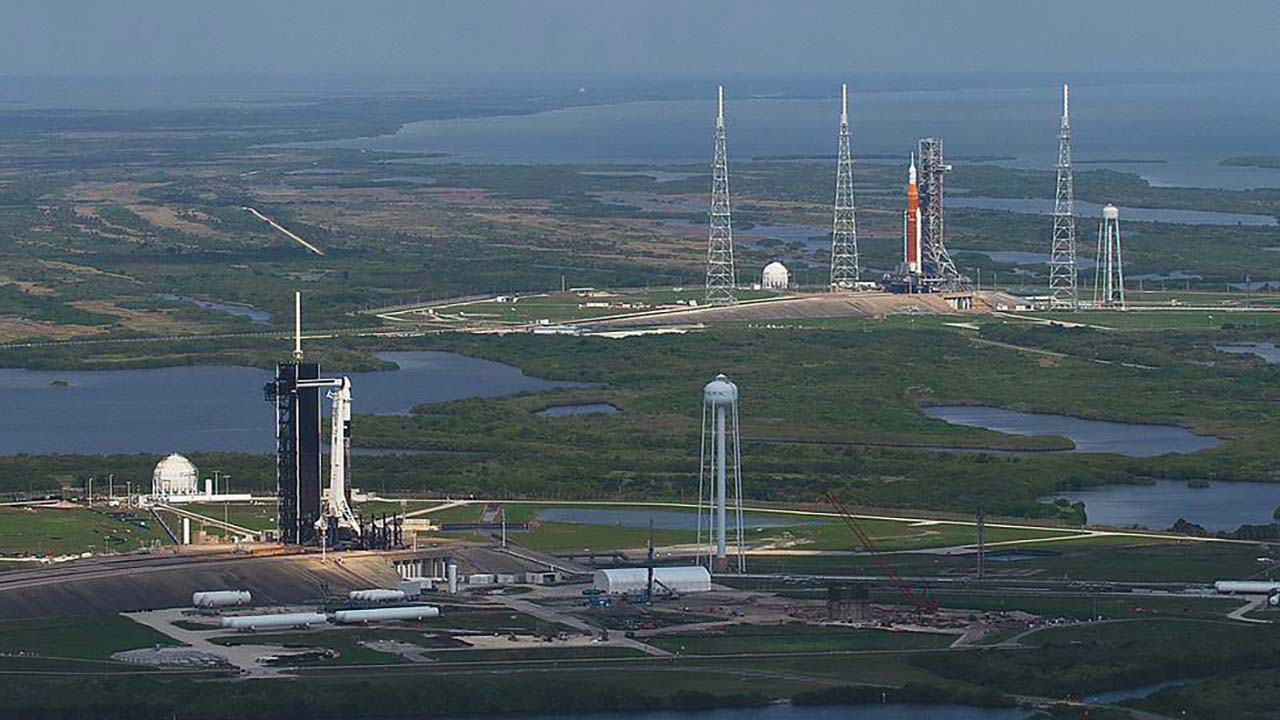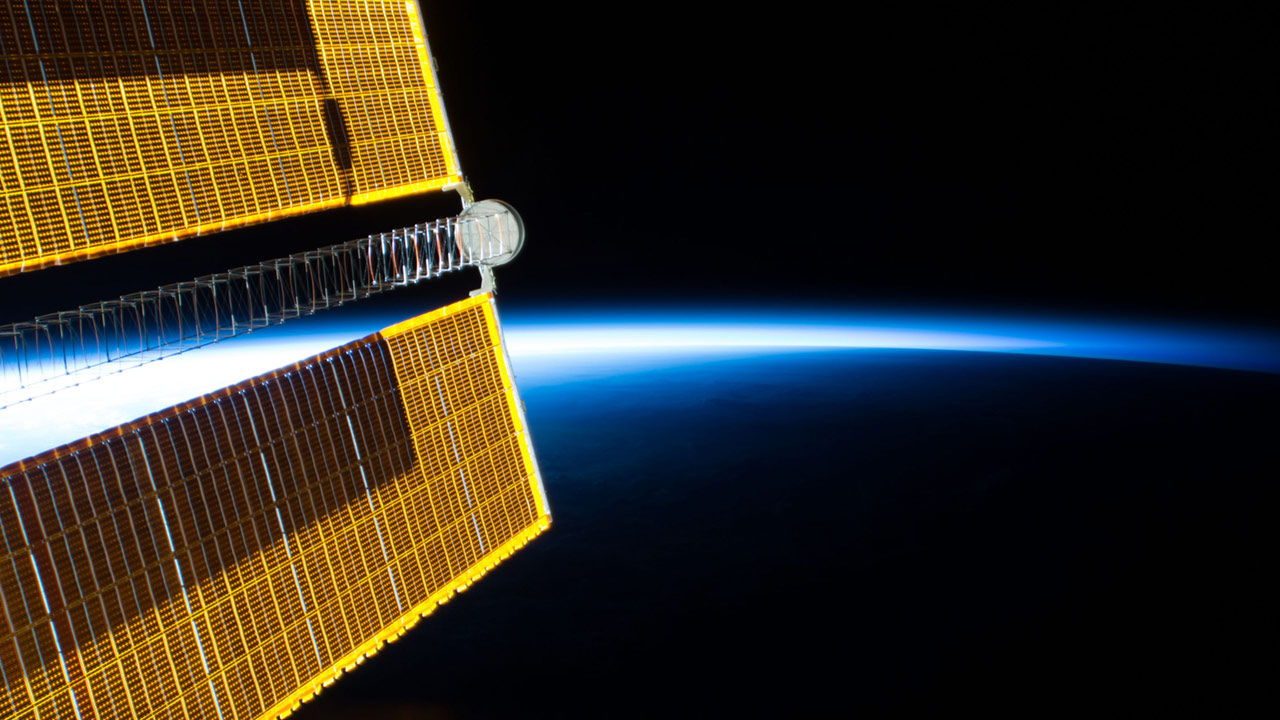KENNEDY SPACE CENTER, FL. (May 16, 2013) – The Center for the Advancement of Science in Space (the ISS National Lab), the nonprofit organization promoting and managing research onboard the International Space Station (ISS) U.S. National Laboratory, today announced an additional research grant award totaling approximately $200,000 for advancing protein crystallization in microgravity.
In November 2012, the ISS National Lab announced grant awards totaling $1.2 million for three initial projects advancing protein crystallization in microgravity. The original winning experiments were chosen from an impressive group of submissions in response to a the ISS National Lab Request for Proposals (RFP) in June 2012. In March 2013, two additional projects were awarded funding from this RFP submittal, totaling approximately $600,000, and now a sixth project will join this group of pioneering the ISS National Lab-awarded projects.
Protein crystallization is the process used to grow proteins in order to determine their three-dimensional structures. Proteins grown in space may produce larger, better-organized crystals that allow determination of more detailed structures and better targets for drug development. The RFP was issued after a panel of life science experts reviewed 136 publications from experiments flown in space over the last decade and identified protein crystallization as one of several promising areas of microgravity research.
Dr. Constance Schall, from the University of Toledo, is the newest investigator to have a protein crystal growth proposal funded by the ISS National Lab. Dr. Schall seeks to use the space environment to grow crystals of sufficient size for neutron diffraction (a type of crystal analysis)—examining the effects of various experimental conditions on three proteins to optimize growth of quality crystals. Potential Earth benefits from the investigation may include a better understanding of protein function and improved structure-based drug design.
“the ISS National Lab has placed a major emphasis on the further understanding of protein crystallization in the unique microgravity environment of the ISS,” said the ISS National Lab Interim Executive Director Jim Royston. “With today’s announcement, the ISS National Lab will now fund six projects within the field of protein crystallization, which will lead to a better understanding of protein makeup and potential drug treatments.”
Final award of the grant money is contingent upon acceptance of legal terms and conditions between recipient and the ISS National Lab.
For additional information about the ISS National Lab opportunities, including instructions on submitting a proposal, continue to check the the ISS National Lab solicitations site at: www.issnationallab.org/solicitations
# # #
About the ISS National Lab: The Center for the Advancement of Science in Space (the ISS National Lab) was selected by NASA in July 2011 to maximize use of the International Space Station (ISS) U.S. National Laboratory through 2020. the ISS National Lab is dedicated to supporting and accelerating innovations and new discoveries that will enhance the health and wellbeing of people and our planet. The the ISS National Lab goal is to bring the magic of space down to earth. For more information, visit www.issnationallab.org.
About the ISS National Laboratory: In 2005, Congress designated the U.S. portion of the International Space Station as the nation’s newest national laboratory to maximize its use for improving life on Earth, promoting collaboration among diverse users and advancing STEM education. This unique laboratory environment is available for use by other U.S. government agencies and by academic and private institutions, providing access to the permanent microgravity setting, vantage point in low earth orbit and varied environments of space. The ISS National Laboratory Office at NASA’s Johnson Space Center currently facilitates research initiatives on board the station’s National Lab, but management of America’s only in-orbit laboratory is transitioning to the ISS National Lab.
# # #





